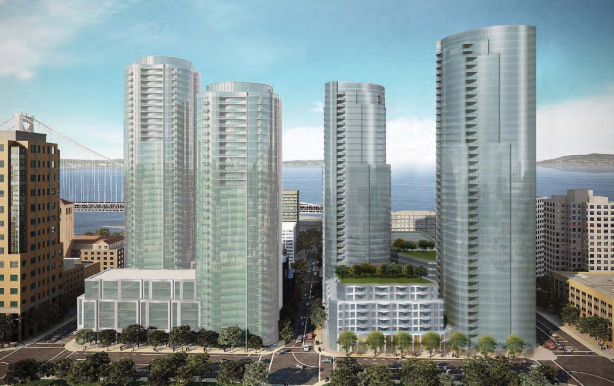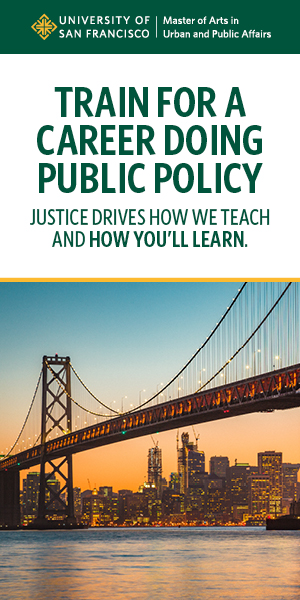Too much office space — or too little? Is the rent too damn high even for tech workers? Is it time to take a little break here?

By Tim Redmond
MAY 27, 2015 – I keep hearing strange rumblings these days about the San Francisco economy, stuff that ought to be grounds for at least some discussion in the public sphere.
For one thing, while the mayor and some in the tech industry complain about a lack of office space in the city (and developers are converting industrial space to offices, often without permits, as quickly as they can), the SF Business Times is reporting that there’s a glut of space coming on the market as existing companies either consolidate or decide SF is too expensive and go somewhere else.
As more companies ditch their office spaces, it raises alarms for a potential commercial real estate downturn, as I detailed last month. Those alarms may blare more loudly now that these potential listings put sublease space at about 1.7 million square feet, San Francisco’s highest total since the tail end of the recession in the last quarter of 2009.
Me, I don’t see a commercial real-estate downturn as any cause for alarm; cheaper office space might mean less of a land grab for what is now Production, Distribution, and Repair space.
But it’s worth talking about in light of the fact that I’m hearing lots of talk about the Prop. M development limits and how they might “stunt” the job market.
There’s too much office space? No, there’s not enough. Whatever: Prop. M brought an immense amount of sanity to the commercial office market in San Francisco. At the time it passed, in 1986, office towers were springing up everywhere, driving out other possible uses for scarce space (like, for example, housing) – not because there was such a demand for offices but because a glut of investment capital was fueling an unsustainable boom.
The market eventually crashed, and cities that didn’t limit office development (like Houston) were hammered. SF survived better than most because we made sure all of our economic eggs weren’t in a single basket.
And if we hit the Prop. M cap, and things have to slow down a bit, then they ought to slow down. It’s a good early warning system of a bubble out of control.
And so, maybe, is this.
You know the press is going to have fun with a headline that says “Even techies can’t afford the Bay Area anymore,” but there’s something to think about here. When housing gets so expensive that even the higher-paid workers want to go somewhere else – and lots and lots of middle-income workers are leaving in droves – there’s a certain hollowing out of a city.
Nearly all of the new housing under construction is aimed at the luxury market. That’s not because San Franciscans have a pent-up desire for high-end housing; it’s because that’s where international capital is going.
Same as the 1980s with the highrise office buildings. The ones that Prop. M kept a bit under control.
The Chamber of Commerce howled about Prop. M in 1986, and developers spent a fortune to try to defeat it. In retrospect, it was good for the economy.
Just as a bit of a limit on luxury housing, which isn’t apparently serving the needs of anyone except speculators and investors, could turn out to be good for the city.
In unsteady times (I didn’t say “bubble,” but lots of other people are) sometimes it makes sense not to be irrationally exuberant. Sometimes it makes sense for a city to slow things down a bit, take a breather, and let the stardust settle.
And now I’m heading out to see what the DCCC thinks about this idea.


